The art of storytelling is reaching it's end because the epic side of truth, wisdom, is dying out
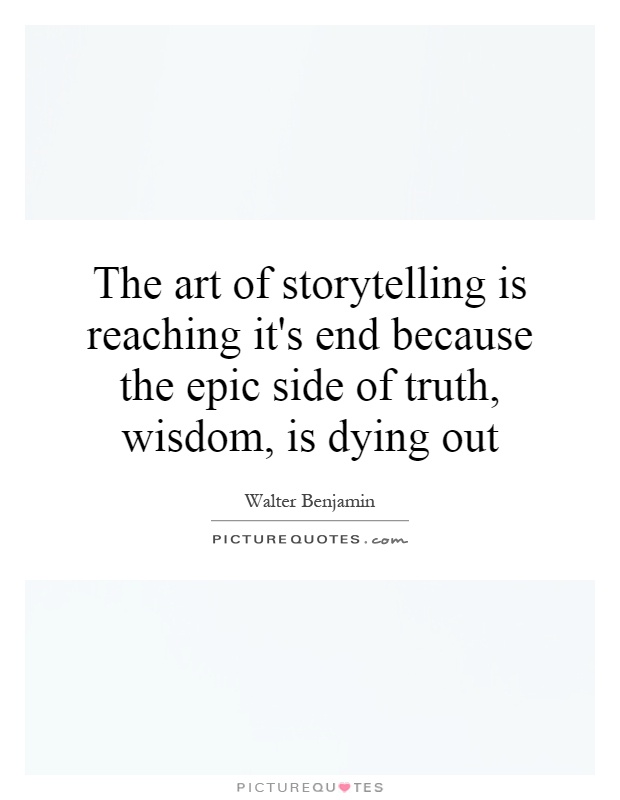
The art of storytelling is reaching it's end because the epic side of truth, wisdom, is dying out
Walter Benjamin, a German philosopher and cultural critic, believed that the art of storytelling was in danger of disappearing due to the decline of the epic side of truth and wisdom. In his essay "The Storyteller," Benjamin argues that the rise of modernity and technology has led to a loss of traditional forms of storytelling that were once passed down through generations.Benjamin believed that storytelling was a way for people to connect with their past and make sense of the world around them. Through stories, people could learn valuable lessons, gain wisdom, and understand their place in the world. However, as society became more industrialized and urbanized, traditional forms of storytelling began to fade away.
One of the key reasons for the decline of storytelling, according to Benjamin, was the loss of the epic side of truth. In traditional storytelling, truth was not just a matter of facts and information, but also of wisdom and moral lessons. Stories were not just entertainment, but a way for people to learn about themselves and the world.
Benjamin believed that the rise of modern technology, such as the printing press and mass media, had led to a devaluation of storytelling. With the proliferation of information and entertainment, people no longer needed to rely on traditional forms of storytelling to make sense of the world. As a result, the epic side of truth and wisdom was dying out.
Despite his concerns, Benjamin also saw the potential for new forms of storytelling to emerge in the modern world. He believed that the rise of new media, such as film and radio, could provide new opportunities for storytelling to thrive. However, he also warned that these new forms of storytelling could never fully replace the traditional forms that had been lost.

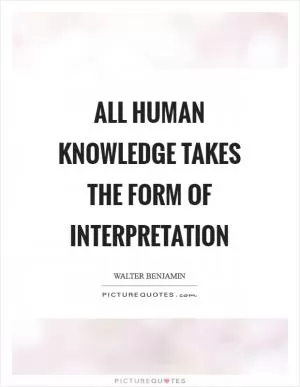

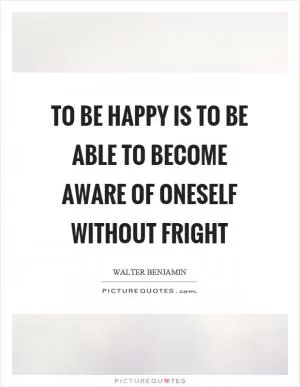


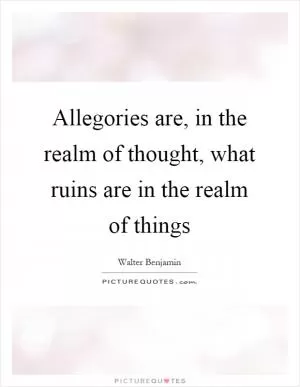

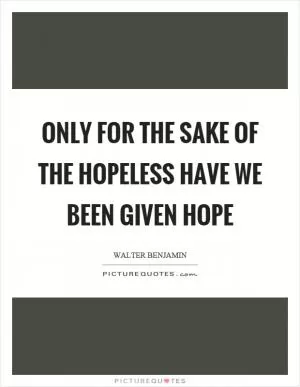

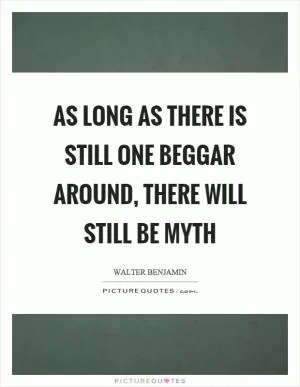

 Friendship Quotes
Friendship Quotes Love Quotes
Love Quotes Life Quotes
Life Quotes Funny Quotes
Funny Quotes Motivational Quotes
Motivational Quotes Inspirational Quotes
Inspirational Quotes